We design hydrogel biomaterials and biofabrication platforms to study cell behavior and create functional living materials.
Our lab designs platforms to study how cells behave in complex, natural, and physiologically relevant environments. Using hydrogels, 3D bioprinting, and custom devices, we recreate structural, mechanical, and biochemical features of real systems. Our goal is to uncover transport, diffusion, and dynamic principles while building new soft and living materials with translational impact.
See more about our current projects and research directions below.
Bacterial Growth and Movement: We study how bacteria collectively move and grow in response to structure and environmental cues. Using engineered hydrogels and biofabricated pathways, we create gradients and patterns of twists, turns, nutrients, toxins, and other cells to study collective behaviors. These models reveal the transport rules behind microbial migration and provide scalable testbeds for applications like infection treatment and microbial deployment.

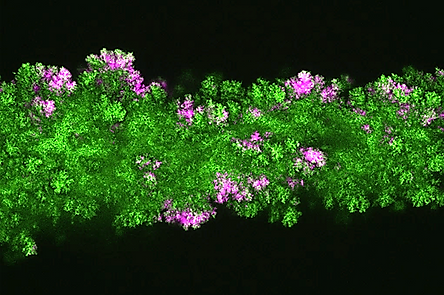
Phage-Bacteria-Host Dynamics: We study how phages infect and eradicate bacteria in structured, host-like environments. Using transparent hydrogels, bioprinting platforms, and custom devices, we track spatiotemporal infection dynamics in real time. This work reveals how transport and microenvironments influence bacterial eradication, guiding phage therapy design and microbial control strategies.

Biofabrication of Soft and Living Materials: We design composites of microbes or mammalian cells with hydrogels to create functional living systems. Our modular, scalable, and patternable strategies support cell containment, 3D printability, and function. This work addresses key bottlenecks in materials design and enables next-generation living materials for therapy, sensing, and soft robotics.
We are grateful to the funding organizations that make our scientific research possible!

DCMR NIH COBRE 5P20GM139760-04
Pilot Project Award
New Faculty Hire Start-up

Delaware Bioscience Center for Advanced Technology
Ideas - High-return, Innovative, Transformative (iHIT) Award

University of Delaware College of Engineering and Department of Chemical and Biomolecular Engineering
New Faculty Start-up Funding
The Muir Lab Facilities

Agilent BioTek Epoch 2 Microplate Spectrophotometer

Analytical balance

Biosafety cabinet (1300 Series Class II, Type A2) for microbes
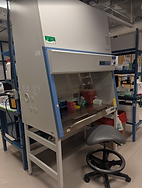
Biosafety cabinet (1300 Series Class II, Type A2) for microbe, mammalian cell, and bacteriophage

Centrifuge

Chemical hoods (4x)

Chromebooks with charging station for ELNs
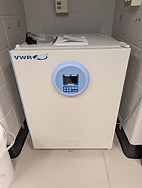
CO2-controlled mammalian cell incubator

Drying oven

Discover Echo Revolve Microscope (coming soon)

Instant Pot

Keyence BZX-800 widefield fluorescence microscope with Tokai Hit stage top incubator

Liquid nitrogen cell storage tank

Lulzbot Bioprinter
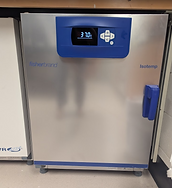
Microbiological incubator, 100L (2x)

Microbiology Mini Refrigerator (2x)

Microwave oven

Mini shaking incubators (2x)

OmniCure S1500 Spot UV Curing System

Phrozen Sonic Mini 8K SLA
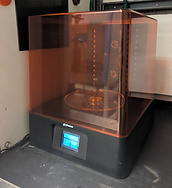
Phrozen UV Curing Station

Refrigerator/freezer combo (2x)

Refrigerated microcentrifuge
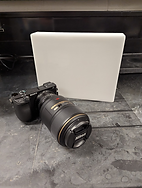
Sony digital camera and LED light fixtures

Syringe pump (2x)

TA Instruments HR-20 Discovery Hybrid Rheometer
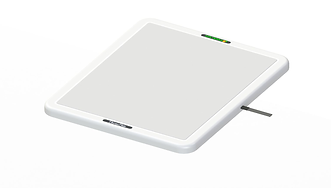
Tokai TPiE-SPE Aluminum Warming Pad

Tokai TPi-UNIX Warming Plate (coming soon)

Ultra-low temperature freezer

Vacuum pump

Vortex mixer (2x)

Water bath (2x)
University of Delaware Core Facilities
The scientific ecosystem at UD thrives on collaboration and translational research, supported by an outstanding research infrastructure that includes extensive resources, state-of-the-art facilities, advanced equipment, and core services. UD's soft matter, biomaterials, microbiology, and materials science research communities are renowned for their interdisciplinary approach, prominence, and strong emphasis on collaboration. As a few examples, our lab members work with equipment, resources, and fellow researchers in the following core facilities, centers, and institutions on campus for scientific research and professional development opportunities:


